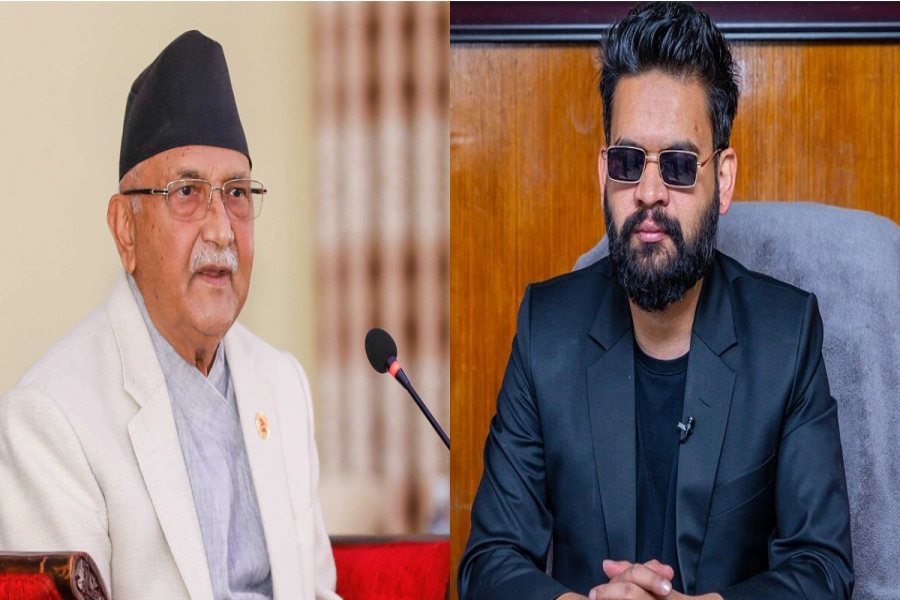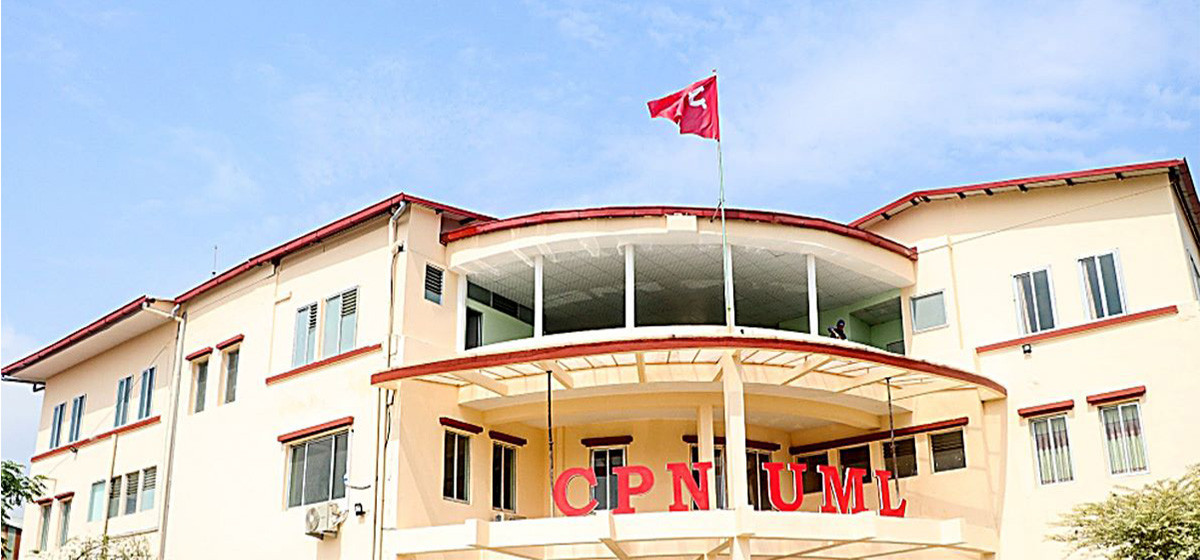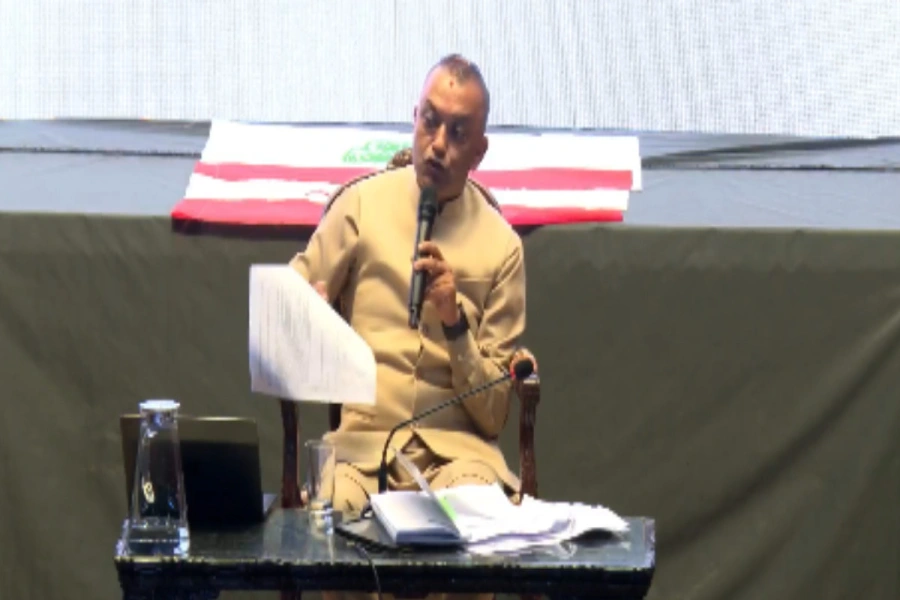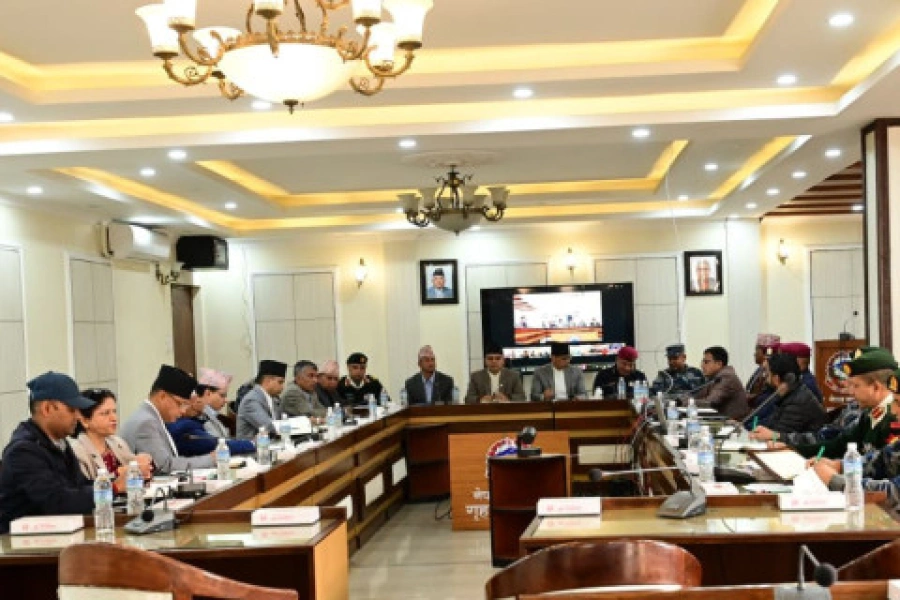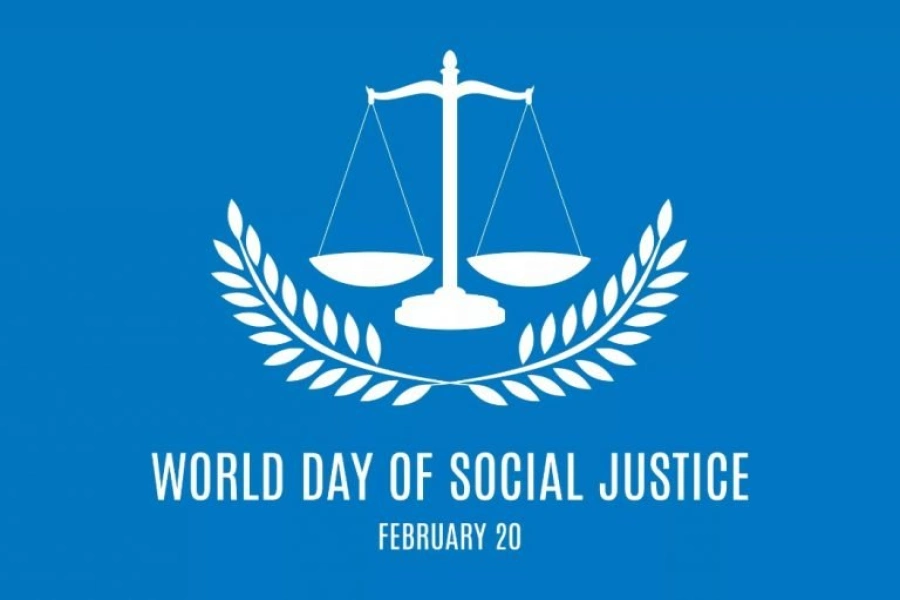KATHMANDU, May 28: The government is under pressure to devise suitable fiscal policy to generate more revenue sources, to overcome challenges of recession and cutting down the unproductive expenses through announcement of the budget for the fiscal year 2023/24.
Encircled by a multitude of challenges, the government is announcing the budget for the next fiscal year on Monday. In addition, the National Planning Commission has fixed the budget size at Rs 1.688 trillion, less than the budget announced for the current fiscal year by Rs 105.43 billion.
The budget deficit has reached over Rs 276 billion in the first 10 months of the current fiscal year. As of Thursday, the government has collected revenue of Rs 781 billion, a heavy drop from Rs 890 billion in the same period last year. The drop in revenue collection has largely been blamed for flourishing smuggling through the open border that the country shares with India.
Experts criticize budget 2025/26 for failing to address economi...

Rajendra Malla, president of Nepal Chamber of Commerce, said the government needs to improve tax administration to generate more revenue for the next fiscal year. He stressed on making customs procedure smooth to increase revenue collection.
While the private sector has been exerting pressure on the government to reduce customs duty to end the illegal cross-border trade, the main source of the government revenue is taxes on luxury items, which the government raises every year to increase its financial resources.
Malla urged the government to scrap the reference price system and to replace it with a transaction price base system to collect the customs duty on imported goods. “In addition, the government has to develop special mechanisms to check the illegal cross-border trade to streamline imports through formal channels for more income generation.”
While the revenue collection stood at 57.7 percent of the targeted amount this year, the recurrent expenditure alone has crossed Rs 820 billion. This has exerted pressure on the government to curtail the unproductive expenditure.
Economist Dilli Raj Khanal said apart from the recurrent expenses, there are many unnecessary programs included under the heading of capital expenditure. “The government has to remove the programs with excess financial burden and retain the strategic projects that ensure certain returns,” Khanal said.
The government this time has a cushion on the external indicators due to an improved balance of payments and the foreign currency reserves. However, the government has a big challenge to overcome the problems of recession and streaming the import volume within a limit.
Economist Keshab Acharya said the budget should address the poor government mechanism to utilize the capital expenditure. “The policies should be devised in such a way that they have to focus on restructuring the economy along with suspending the low yielding projects for the time being,” he added.



